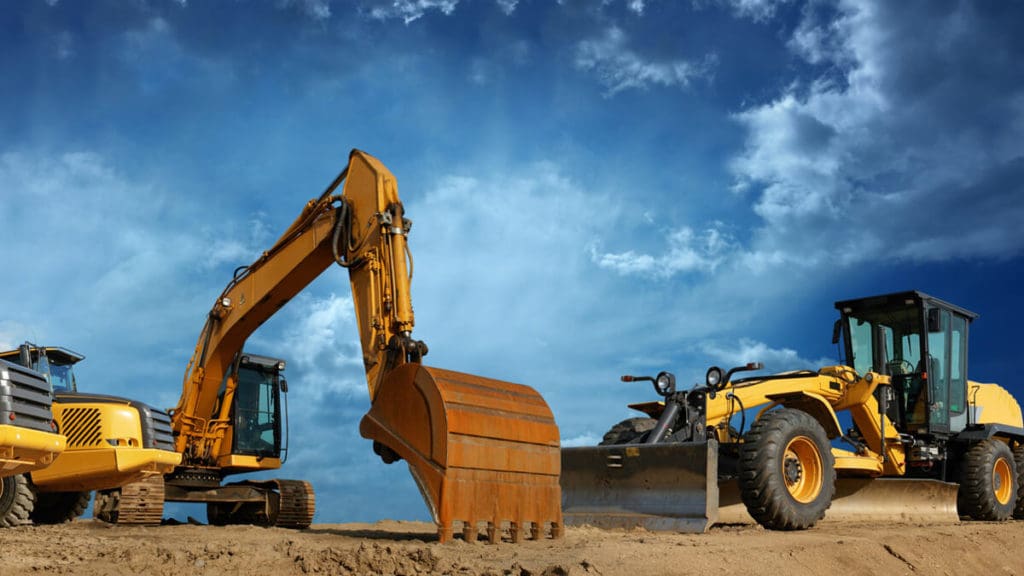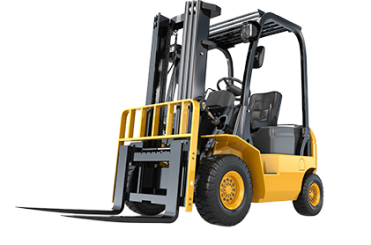Required Heavy Equipment Rental? Pick Our Mini Excavator Rental and Boom Lift Rental Choices
Required Heavy Equipment Rental? Pick Our Mini Excavator Rental and Boom Lift Rental Choices
Blog Article
Crucial Tips for Handling Hefty Equipment Rental Contracts and Logistics Properly
Effectively handling heavy tools rental arrangements and logistics is important for the success of any kind of task that depends on these resources. An extensive understanding of rental terms, paired with specific analysis of devices needs, lays the structure for desirable negotiations. In addition, collaborating transportation logistics and preparing for continuous maintenance can dramatically decrease unexpected prices and hold-ups. Nonetheless, the details of these components often present obstacles that call for calculated foresight. What are the key factors to consider that can transform these prospective pitfalls into chances for performance and cost-saving?
Understand Rental Terms
Understanding rental terms is necessary for successful hefty devices monitoring. Knowledge with the certain terms of a rental agreement can considerably affect functional efficiency and cost-effectiveness. Secret components commonly consist of rental period, payment structure, and upkeep obligations. The rental period specifies the duration for which the equipment is leased, influencing budgeting and job timelines. Settlement frameworks usually vary, including daily, weekly, or monthly rates, which require exact estimations to stay clear of unanticipated expenses.
In addition, it is critical to comprehend the maintenance responsibilities detailed in the contract. Normally, rental business keep the tools, yet recognizing that is in charge of routine checks and fixings is vital to stop functional disturbances. Furthermore, terms may consist of provisions concerning liability for damages or burglary, which can have severe monetary implications if not properly recognized.

Assess Tools Requirements
Examining tools needs is an important action for any type of task supervisor intending to maximize source allocation and improve functional performance. This procedure includes a complete evaluation of the project requirements, consisting of details tasks, timelines, and the kind of devices essential to achieve desired results.
Begin by identifying the range of the task and the tasks that will be done. Take into consideration factors such as the terrain, the scale of procedures, and any kind of potential obstacles that could influence devices choice. Engaging with team participants that will certainly operate the machinery can provide important insights into useful demands and choices.

Following, evaluate the ability and capacities of available devices options. It is important to match the right tools to the tasks available, making sure that it can manage the expected workload without endangering security or performance.
In addition, consider the rental period and regularity of usage. Understanding these elements can assist identify whether renting or buying is the most cost-effective option. By performing a thorough evaluation of tools demands, task managers can make informed choices that cause improved performance and decreased operational expenses.
Negotiate Successfully
As soon as the equipment requirements are clearly determined, the following step includes reliable negotiation with rental companies to protect desirable terms. Begin link by researching different rental business to recognize their rates structures, inventory accessibility, and online reputation.
When coming close to the negotiation table, be clear about your demands, consisting of the kind of tools, rental duration, and any additional services you may need. This transparency enables rental business to give customized solutions that can fulfill your specific requirements (aerial lift rental). Don't be reluctant to ask for discount rates, particularly for long-lasting leasings or bulk orders, as numerous firms want to offer concessions to secure bigger contracts
These factors can substantially affect the total price and should be clearly laid out in the rental arrangement. Make certain that all agreed-upon terms are documented in creating to prevent misconceptions and secure your rate of interests throughout the rental period.
Coordinate Transport Logistics
Working with transportation logistics is a vital facet of taking care of hefty tools rental agreements. Efficient transportation makes sure that tools is delivered in a timely manner and in ideal condition, therefore minimizing downtime and enhancing job performance. To achieve this, it is vital to establish a comprehensive logistics plan that describes the entire transport process from pickup to delivery.
Begin by assessing the specific transport requirements based on the kind and dimension of the tools included - forklift rental. Engage with dependable transport suppliers who focus on hefty equipment to guarantee they have the required proficiency and tools, such as flatbed trucks or specialized trailers. Talk about elements such as weight restrictions, route constraints, and called for authorizations to avoid unexpected delays
In addition, maintain open communication with both the rental business and the transportation supplier to collaborate schedules successfully. Verify all information, including pickup and drop-off times, to guarantee everyone is lined up and prepared. Last but not least, develop contingency plans to address any read type of possible interruptions, such as negative climate or traffic problems, which may influence the transportation timeline. By diligently coordinating transport logistics, you can support the integrity of your rental arrangement and facilitate smooth job execution.
Prepare For Maintenance and Assistance

Moreover, it is vital to interact straight with the rental copyright relating to maintenance obligations. Some contracts may consist of upkeep as component of the rental solution, while in other situations, the onus may drop on the renter. Understanding these terms will aid prevent unexpected costs and obligations.
Additionally, having accessibility to technological support can be very useful. Make sure that the rental company uses 24/7 support or an emergency situation get in touch with, enabling for swift resolution of any tools concerns. Educating your team on appropriate devices use and regular checks can likewise substantially enhance functional performance.
Verdict
To conclude, reliable administration of heavy tools rental contracts and logistics rest on a comprehensive understanding of rental terms, exact assessment of equipment requirements, and adept negotiation skills. Working with transportation logistics and preparing for upkeep better enhance functional performance. By implementing these strategies, organizations can minimize threats, control costs, and guarantee that jobs progress efficiently and within established timelines. Stressing clear communication with all stakeholders continues to be essential in navigating the complexities of tools service and logistics administration.
Effectively managing hefty equipment rental agreements and logistics is important for her response the success of any task that counts on these resources. By extensively examining and understanding these rental terms, organizations can make informed decisions, alleviate risks, and ensure that their hefty devices administration aligns with project objectives and economic restraints.Collaborating transportation logistics is an important element of managing heavy equipment rental agreements.In final thought, reliable administration of heavy tools rental contracts and logistics joints on a complete understanding of rental terms, exact analysis of devices demands, and experienced negotiation skills. Stressing clear communication with all stakeholders stays important in navigating the complexities of equipment leasing and logistics monitoring.
Report this page